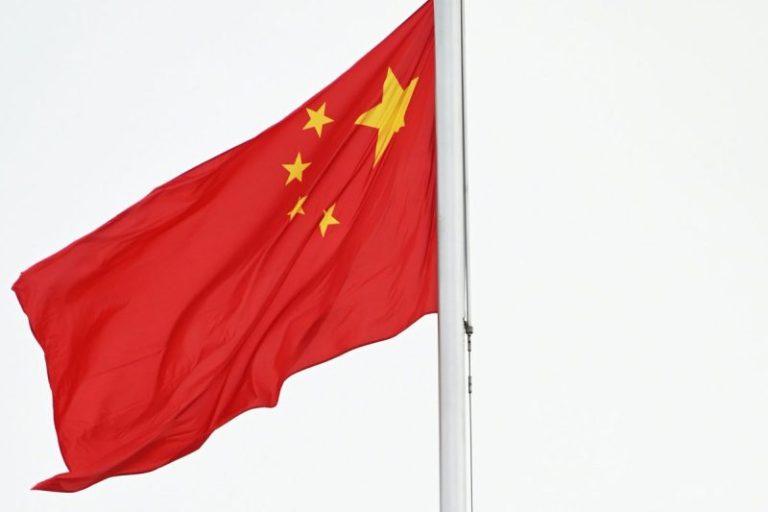China Tightens Grip on Strategic Minerals with New Antimony Export Controls
The recent move by China to tighten its grip on the export of antimony, a critical strategic mineral, has raised concerns among global markets and industry players. Antimony, a versatile metalloid used in a wide range of applications, including flame retardants, batteries, and semiconductors, holds significant strategic value due to its various industrial uses. With China being the world’s largest producer of antimony, accounting for over 80% of global production, the new export controls introduced by the Chinese government are likely to have far-reaching implications on the global supply chain and market dynamics.
The decision to impose stricter export controls on antimony is part of China’s broader strategy to secure and control the supply of critical minerals crucial for its economic and industrial development. As a major player in the global antimony market, China’s actions are not only aimed at safeguarding its domestic industry but also at exerting greater influence on the international market by leveraging its dominant position as a key supplier of this vital mineral.
The tightening of export controls on antimony by China has already started to impact global markets, with prices of antimony experiencing fluctuations and uncertainty prevailing among industry stakeholders. The move has sparked concerns among importing countries and companies reliant on a stable and secure supply of antimony for their operations. In response to China’s export restrictions, efforts are underway to diversify and secure alternative sources of antimony supply to mitigate potential disruptions and dependencies on a single source.
Moreover, the new export controls on antimony highlight the broader issue of supply chain resilience and the need for countries and industries to reduce their exposure to geopolitical risks and disruptions in the availability of critical minerals. The overreliance on a single supplier, such as China in the case of antimony, underscores the vulnerability of global supply chains and the importance of establishing diversified and robust supply networks to ensure continuity and stability.
The implications of China’s tighter grip on strategic minerals like antimony extend beyond the immediate market dynamics and touch upon geopolitical considerations and national security concerns. As countries strive to secure access to essential resources for their economic and strategic interests, the control and regulation of critical minerals become a key element of national policies and international relations.
In conclusion, China’s move to tighten its control over the export of antimony underscores the strategic significance of critical minerals in the global economy and highlights the challenges faced by industry players in ensuring a stable and secure supply chain. The developments in the antimony market serve as a wake-up call for stakeholders to reevaluate their resource strategies, diversify their supply base, and enhance supply chain resilience to navigate the uncertainties and complexities of the evolving global mineral landscape.



